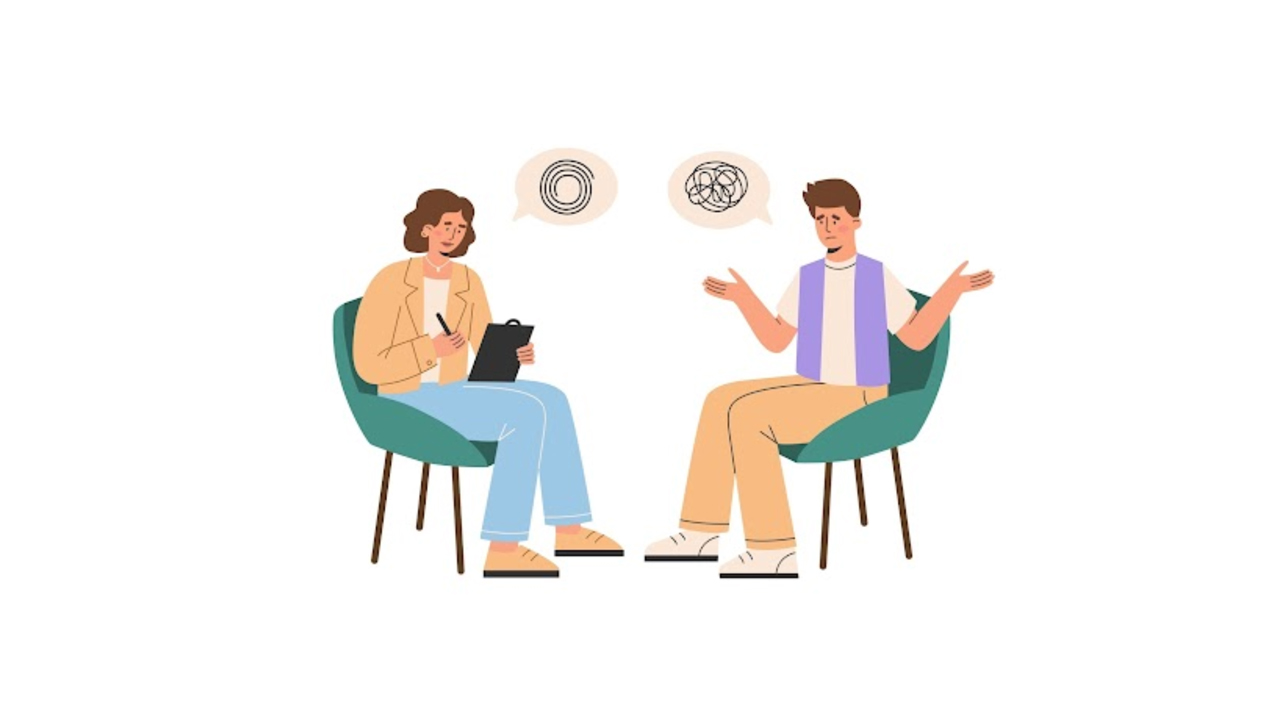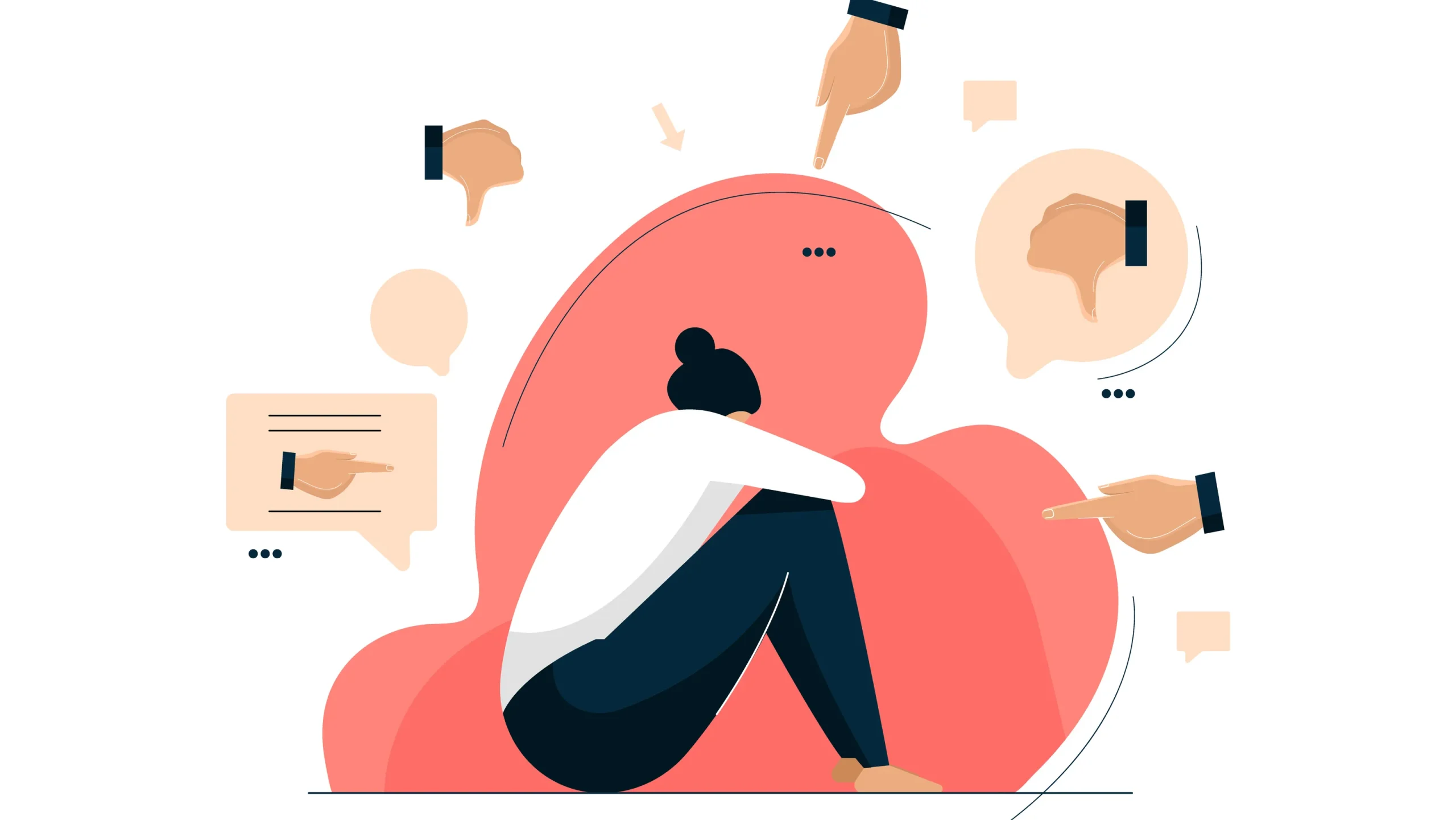Teenage life may be very challenging. Teenagers frequently experience a range of pressures, from demanding academic workloads and choosing future job paths to developing their sense of identity. Therefore, getting teen therapy can make a huge difference.
As they learn how to handle relationships for the first time, some teenagers may encounter bullying, peer pressure, or even question their gender or sexual identity.
Read on to understand further how mental health care and medically reviewed treatment, as well as the right mental health services, can impact your struggling teenager/s at home.
How Frequently Do Teenagers Develop Mental Health Conditions?
An estimated 49.5% of adolescents have had a mental health condition at some point in their lives, according to a survey by the US Department of Health and Human Services (HHS).
A mental health problem will affect over half of all adolescents. Although this may be concerning, not all mental health issues are persistent or lifetime.
Teenagers with psychiatric illnesses may receive psycho-pharmacologic medications that might lead to galactorrhea and menstrual disruption.
Adolescents with mental illnesses frequently act out or use drugs, which raises their chance of engaging in risky sexual behavior that could lead to pregnancy or STDs.
What are the Common Types of Mental Health Illnesses in Teens?
Moods, responsibilities, relationships with family and peers, academic success, and professional objectives can negatively impact teenage mental health symptoms. They may also have a negative effect on physical health and postpone this crucial stage of life’s developmental milestones.
Therefore, it’s critical to understand the common mental health issues affecting teenagers to evaluate any symptoms your kid may be exhibiting more accurately.
Here are some of the most prevalent mental health conditions affecting youth today:
- Attention deficit hyperactivity disorder (ADHD)
- Depression
- Bipolar disorder
- Mood disorders
- Anxiety disorders
- Obsessive-compulsive disorder (OCD)
- Post-traumatic stress disorder (PTSD)
- Generalized anxiety disorder (GAD)
- Behavior Disorders
- Eating disorders like anorexia and bulimia nervosa
- Substance use disorder
- Conduct disorder
- Autism Spectrum Disorder (ASD)
What are the Kinds of Therapy Available for Teens?
Individual, family, and group therapy are the three basic methods of treatment for adolescents. People occasionally combine forms of therapy, such as family and group sessions. Here are a few types to look into:
Individual Counseling
You meet with a therapist alone to discuss your issues during individual treatment. The therapist can ask you to describe how you feel about the problems. Each session is roughly 50 to 60 minutes long.
Additionally, you may also be assigned homework that will assist you in solving the issues. Unless the therapist has a compelling cause to think you might injure yourself or someone else, everything you say in therapy is private.
Group Therapy
You can observe how other teenagers resolve their issues in group therapy. Additionally, you will put new problem-solving techniques into practice.
Each group typically consists of five persons, with one or two leaders. The group facilitators will raise topics and questions. However, you are allowed to ask your questions and receive responses from the group.
Sessions for group therapy often run for 90 minutes or so.
Family Therapy
Teenagers, parents, and occasionally your siblings attend therapy sessions together as a family. Everyone is present so that you can work on family-related issues.
The therapist typically forbids interruptions and ensures that everyone has a chance to express their worries. This type of teen counseling often lasts 60 minutes to 90 minutes, depending on the session’s progress.
Many families also prefer to take this type of therapy via online services for scheduling convenience. Especially those dealing with severe mental health conditions in their family that lead to suicidal thoughts.
Keil Psych Group’s Therapy Treatments in Newport Beach
Although adolescent mental health struggles are unique on their own, the experts at Keil Psych Group treatment center aim to help you heal on a deeper level so you won’t have to rely on unhealthy coping mechanisms.
When it comes to therapy treatment or online therapy, Newport Beach is filled with mental health experts dedicated to providing teen therapy, coping skills, and counseling sessions with licensed therapists. They will assist your teenager in overcoming anxiety and other mental health disorders.
At Kiel Psych Group, our licensed mental health professionals find satisfaction in having a successful track record in helping teenagers find the proper mental health treatment. Some services offered in online therapy are substance abuse treatment, anxiety therapy, treatment for mood disorders, and intensive outpatient treatment, among other counseling sessions.
If you have any queries about teen therapy in Newport or wish to book an appointment with our professional in-house therapist, please get in touch with our licensed mental health counselor at 714-334-5497 today!





